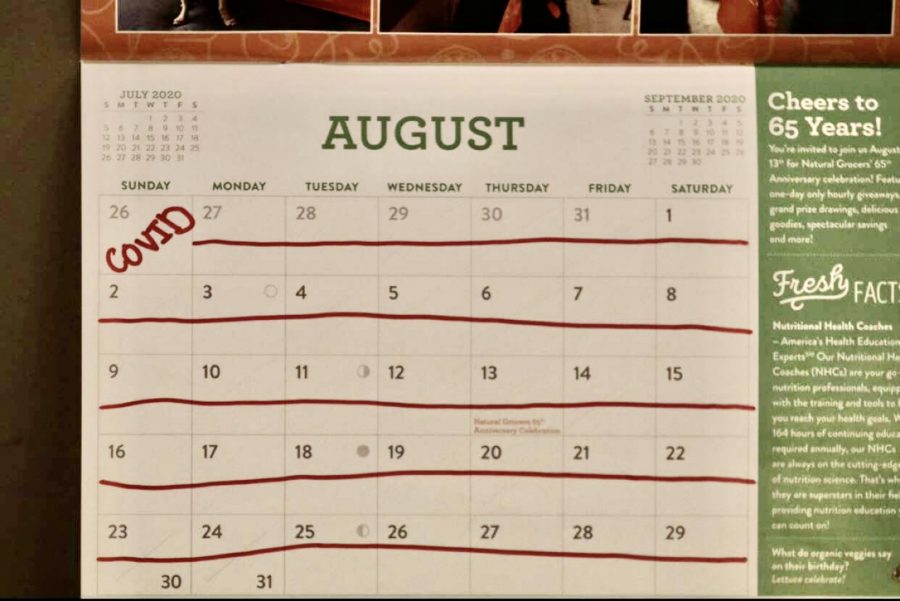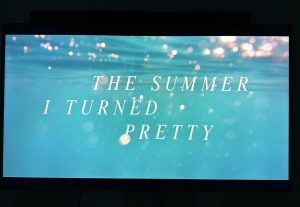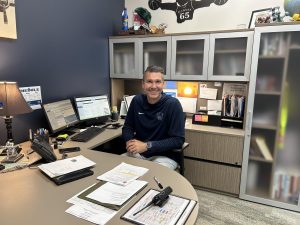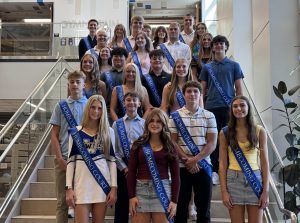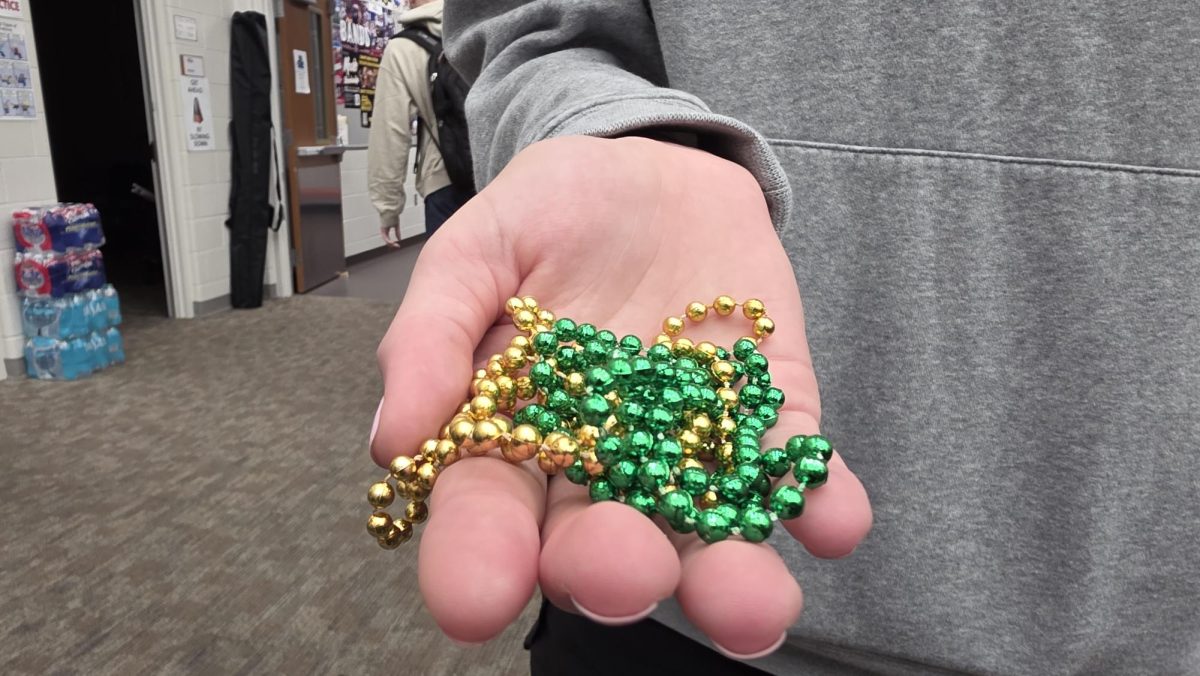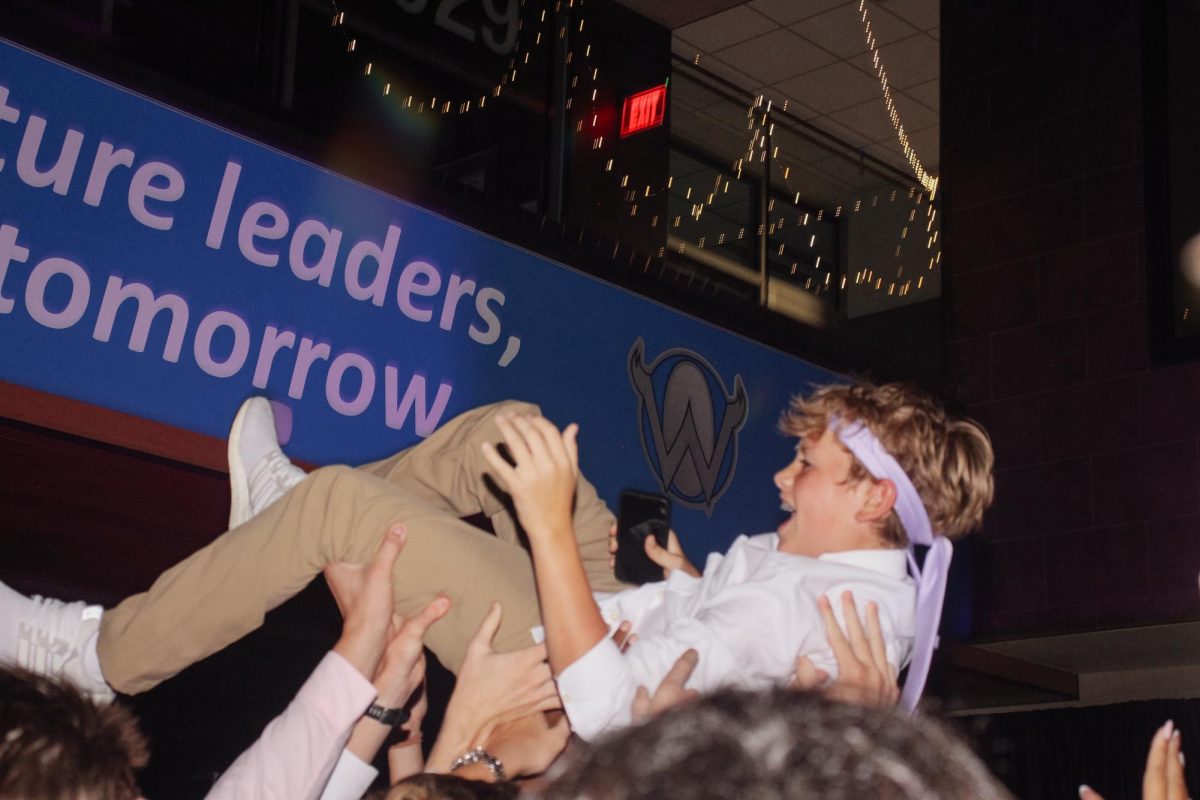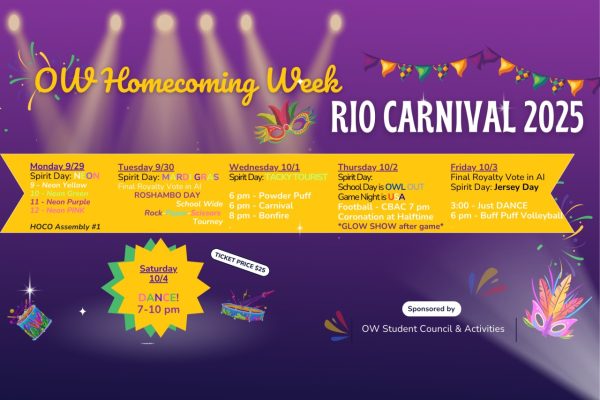10 Good Things That Happened in 2020
January 13, 2021
There were certainly many obstacles in 2020. With COVID-19, online school, wildfires, and the election, it’s easy to feel like the hardships never ended. It can be difficult when all the news seems to be bad each day.
“Every time I turn on my TV, it’s all this talk about the Coronavirus, even on shows that are supposed to be fun, like Saturday Night Live,” junior Regan Warren said. “It’s getting really annoying.”
Since news about the Coronavirus is most prevalent in our world right now, most news stations have been focused on it for months. This makes it easy to disregard some of the amazing things happening around us, and to focus on just the bad things.
Warren, like many other people, says she just wants to hear some good news. So, with this in mind, here are 10 pieces of good news that have taken place recently.
Pollution is Decreasing
According to models and studies shown by NASA, the concentration of nitrogen dioxide in the air around the world has reduced by at least 20% in 2020. This is most likely due to the lockdown put in place after COVID-19 hit. Nitrogen dioxide is produced from car engines, so with fewer people out traveling, the air naturally became less polluted. Also, with the shutdown of many businesses, some power plants took a break from operation. With the combination of less traffic and less manufacturing, it should come as no surprise that 2020 has brought the biggest drop in air pollution the world has seen in years.
Animals are Being Released After California Wildfires
After California’s wildfires which have ravaged forests from May through October, UC Davis’ Small Animal Clinic has treated more than 1,000 animals, wild and domestic. The most common of these animals include cougars, raccoons, and cats. After finding an injured animal, the rescuers would move them to an evacuation center or to the University Hospital for rehab. Specialists at UC Davis have spent months nursing injured animals back to health, and many of them are finally being released, whether it be back into the wild or to a new home.
Netflix Donates to COVID Relief Fund
Throughout 2020, Netflix has been partnering with different companies to bring some relief to those affected by Covid-19. One of these companies, The UK’s Film and TV Charity, is aimed at trying to assist struggling actors, producers, and TV workers who have lost their jobs or been otherwise affected by COVID-19. This year, Netflix has made two donations to the charity–$2.25 million to be exact. Their generosity has helped find jobs and provide salary for many film workers whose lives were halted by the pandemic.
COVID-19 Vaccine Discovered
Recently, a vaccine for the Coronavirus has been discovered. In November, Pfizer published their vaccine test results, which has proved to be 95% effective. The vaccine is administered in two doses, three weeks apart, and has already been given to around 43,000 people. No health concerns have developed from the vaccine so far. On Dec. 2, the UK officially approved the vaccine for public use, becoming the first country to do so. The Trump Administration’s health secretary, Alax Azar, estimates that the vaccine will become available to Americans as soon as late February to early March 2021.
Indian School Teacher Shows Great Generosity
Ranjitsinh Disale is a teacher at Zilla Parishad Primary School in the village of Paritewadi, Maharashtra. Disale noticed that in his village, girls’ education was often seen as less important than boys, and decided he needed to do something about this. Disale worked to learn the local language of the village so that he could translate textbooks to make learning easier for his female students. He also created QR codes that gave students access to video lectures, poems, and assignments. These QR codes are now widely used in schools throughout India. The Varkey Foundation recognized Disale’s efforts to better his community and awarded him the Global Teacher Prize, which comes with a $1 million compensation. Disale, however, did something unusual: He donated half of the prize money to the runners up. In an interview with CNN, Disale said that, “educating young children, especially from poor and needy backgrounds is perhaps the best way to help them as individuals, and actively contributes to creating a better world.”
Boost in Animal Fostering
Another positive repercussion of the Virus is an increase in domestic animal fostering.
“It’s a strange phenomenon because there was always interest in fostering and rescue but now it is exploding,” said Sarah Brasky, executive director of Foster Dogs Inc. in an interview with AP News.
Many animal shelters are finding that with the lack of social connection caused by isolation during COVID’s worst times, people seek companionship in the form of a furry friend. This rise in adoption rates has proven to not only be good for animals, but for people too.
SpaceX Launch
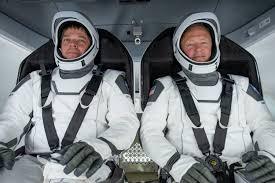
On May 30, at the Kennedy Space Center in Florida, a rocket designed by Elon Musk was launched into space with two astronauts inside. This was especially significant because it is the first time humans have been launched from the US in over a decade. The astronauts, Doug Hurley and Bob Behnken, embarked on a mission to validate the SpaceX transportation system for future explorations. Hurley and Behnken’s spacecraft was programmed to travel to the space station, but the astronauts had some tasks along the way. You see, this was the final mission for NASA to verify it’s Crew Dragon spacecraft. Hurley and Behnken would take control of the Crew Dragon for a short time on the way to the Space Station in order to validate it. Along with this, Hurley and Behnken also sought to help validate spacesuits, the Falcon9 Launch Vehicle, and a launchpad.
Christmas Star
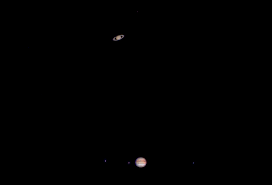
On Dec. 21, the stars aligned–literally. The two planets with the slowest orbital path, Jupiter and Saturn, finally met up and formed what astronomers called “The Great Conjunction.” Sky-watchers from all over the world dusted off their best telescopes to see Jupiter and Saturn eclipse each other. There is no exact way to tell when this will happen again, but the last time Jupiter and Saturn aligned was July 16, 1623. So it’s safe to say viewing this Christmas Star is a once in a lifetime event
Platypuses Glow Under UV Lights
Pla typuses have long been considered one of the strangest animals. They have a number of odd traits, including laying eggs although they are mammals, and having venom in their hind legs. Now, after a study conducted by Mammalia, we know that platypuses are also bioluminescent. After multiple stuffed platypuses at the Field Museum of National History seemed to glow under UV lights, scientists began to run more experiments. They found that the thick brown fur of the platypus turns cyan when exposed to UV lighting. This discovery, though not earth shattering, is yet another one of the reasons platypuses are a mystery to scientists.
typuses have long been considered one of the strangest animals. They have a number of odd traits, including laying eggs although they are mammals, and having venom in their hind legs. Now, after a study conducted by Mammalia, we know that platypuses are also bioluminescent. After multiple stuffed platypuses at the Field Museum of National History seemed to glow under UV lights, scientists began to run more experiments. They found that the thick brown fur of the platypus turns cyan when exposed to UV lighting. This discovery, though not earth shattering, is yet another one of the reasons platypuses are a mystery to scientists.
Time 2020’s First “Kid of the Year”
Time has been giving out their Person of the Year award since 1927. But in 2020, they created a new category of this award for kids, which was awarded to Gitanjali Rao. Rao is a 15 year old scientist and inventor who develops creations to solve world issues. Among her greatest achievements is a device that can identify whether or not water contains traces of lead, and an app that helps eliminate cyberbullying. Before being named Times 2020 Kid of the Year, she had been named America’s Top Young Scientist. Rao says she not only wants to change the world, but wants to inspire others to do the same.
There’s no doubting that 2020 was hard. However, things like the Coronavirus made it hard to see any of the positives going on around us. Whether it be glowing platypuses or a space launch, staying positive is essential in getting through difficult times like these.


